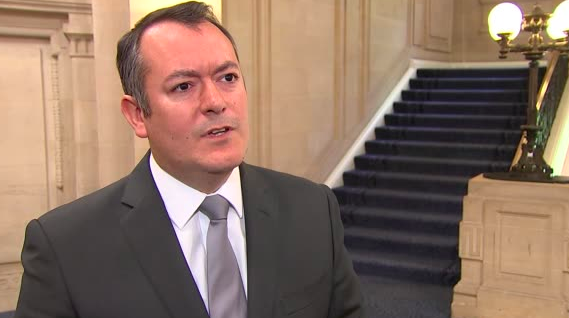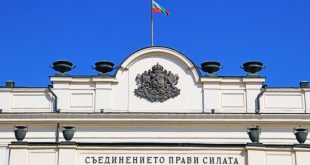The Betting and Gaming Council (BGC) has called on the Chancellor to rethink its tax plans on the UK gambling sector, as land-based casinos face a £5m a year stealth tax.
Under measures announced by the Treasury’s Autumn Statement saw Gaming Duty Bands applied to UK casinos frozen. As such, gaming duties will not rise with inflation, effectively creating a £5m annual tax increase across BGC land-based casino members.
The BGC believes that the freeze effectively amounts to a £25 million tax increase for British casinos over the next five years and urges the Treasury to reconsider its decision due to the financial pressures on the sector.
The appeal comes in light of significant challenges faced by UK casinos in 2023, including rising energy costs, inflation, and the cost-of-living crisis impacting consumer spend.
The trade underscored the importance of the British casino sector which “contributes £300m annually in taxes and an estimated £800m a year Gross Value Added (GVA) to the economy.”
CEO Michael Dugher said: “Freezing Gaming Duty Bands is a stealth tax which has the potential to slow recovery and weaken future growth. Removing it would have provided a welcome boost for the land-based casino sector at a crucial time.
“Instead, the decision to maintain the status quo represents a missed opportunity for companies ready and able to generate jobs and investment across the country. Right now, casinos, which play such a vital role in the tourism and hospitality sector, are waiting for the modest but mission-critical policy changes announced in the White Paper.
“It seems short-sighted to maintain this stealth tax while failing to make changes that will allow casinos to hire and grow. The BGC urges a rethink so Gaming Duty Bands can be moved with inflation at the next opportunity.”
The BGC concluded its statement by reiterating that its members are willing to cooperate in the modernisation of the UK land-based gambling, as desired by the Gambling Review White Paper.
BGC members combined contribute £7.1bn to the economy, generate £4.2bn in tax, and support 110,000 jobs.










